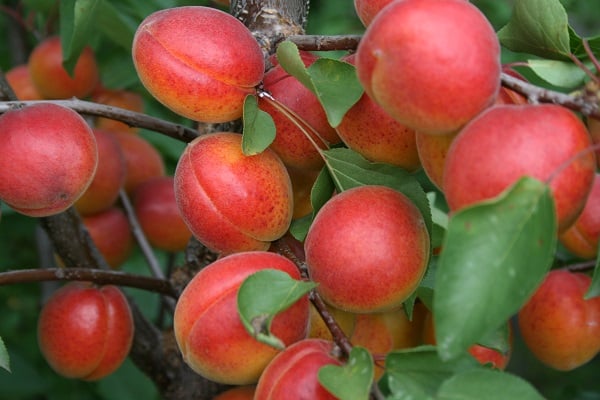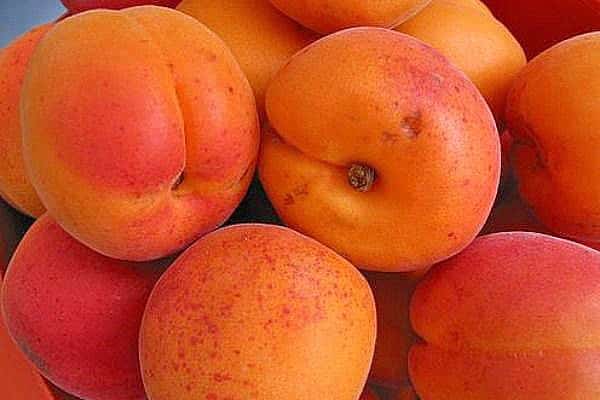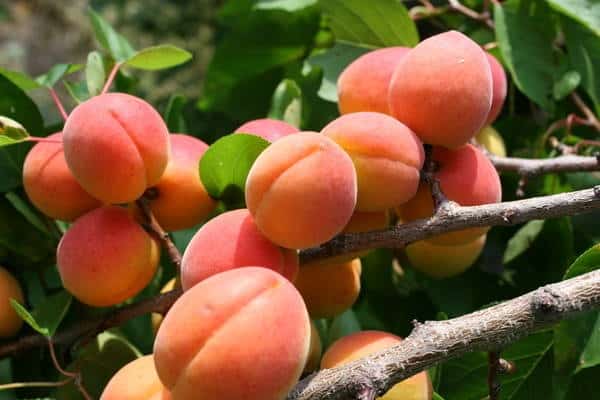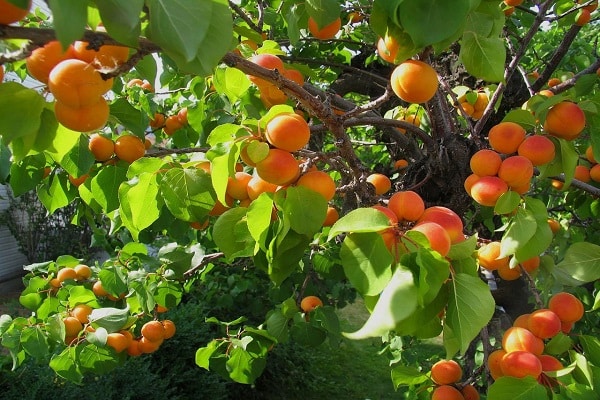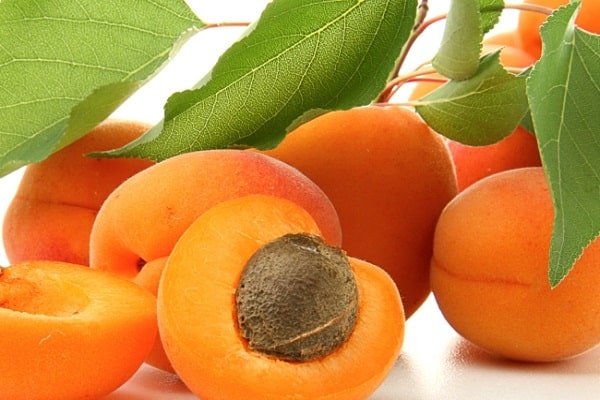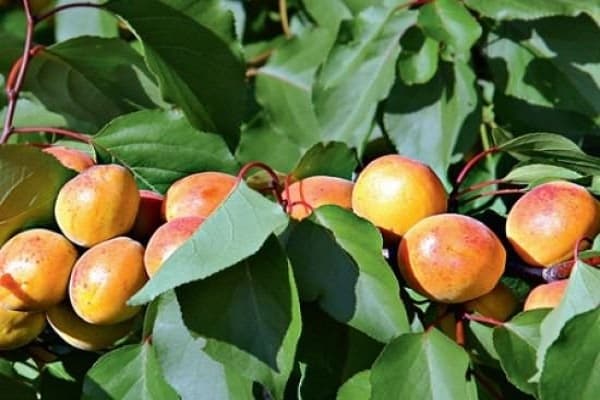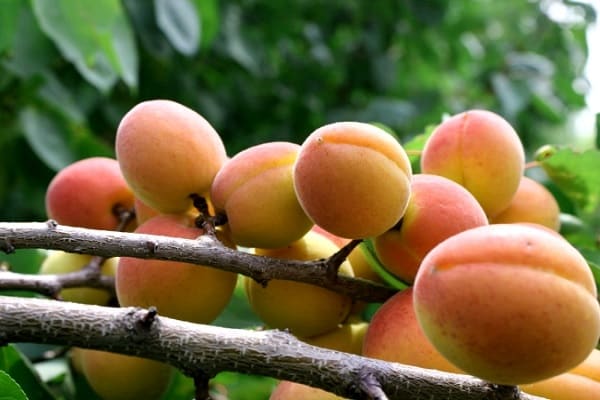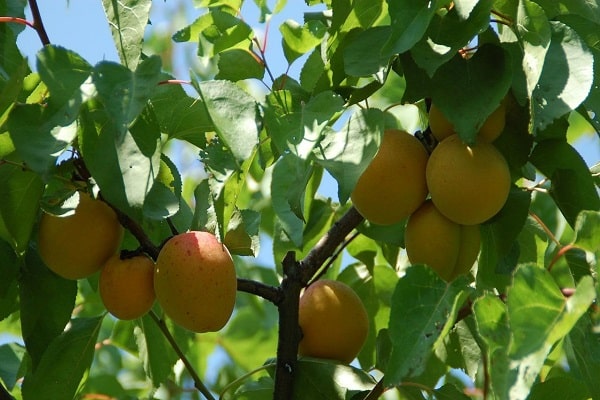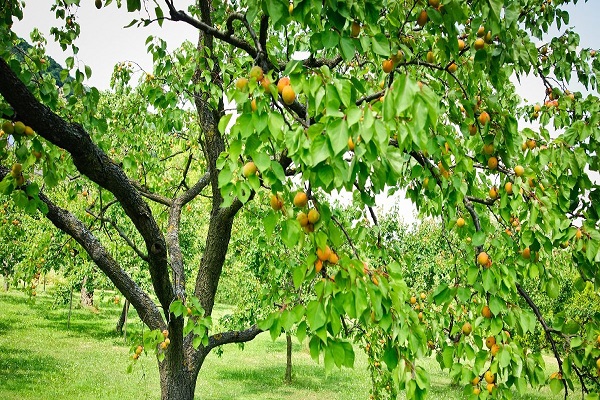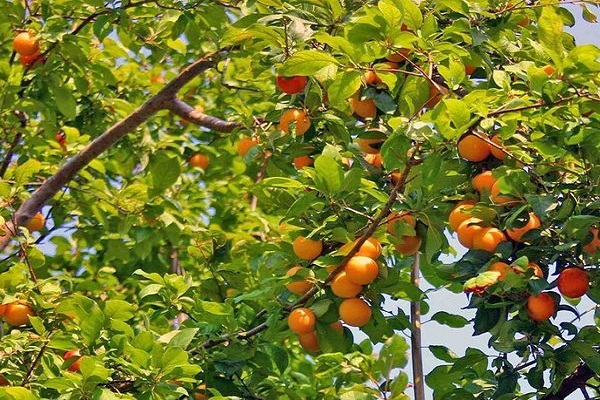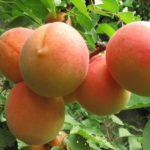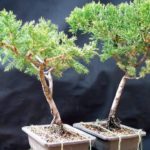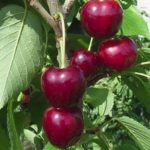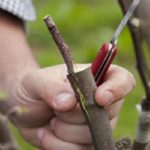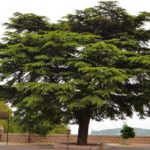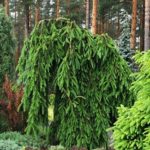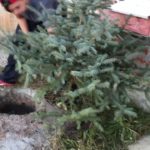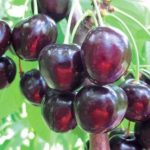Gardeners are increasingly occupying planting areas with Snegirek apricots. The variety is frost-resistant. It is especially loved by owners of small summer cottages: the tree rarely grows more than 2 m.
Description of the variety
The bullfinch is increasingly found in summer cottages. Its qualities attract gardeners. Description of the variety:
- plant height 1.5-2 m;
- compact tree;
- lives in the garden up to 30 years;
- Fruiting begins in the 5th year;
- the variety is frost-resistant (withstands temperatures down to -40 degrees), winters without shelter;
- the bark is thick, red-brown;
- self-fertile variety;
- the leaf is rounded, the edge is slightly indented;
- white flowers;
- mid-season variety (ripens in mid-August);
- fruit yield is up to 15 kg per tree.
The bullfinch blooms late: at the end of April. This allows him to avoid return frosts. Flowers always form ovaries.
Characteristics of apricots:
- maximum fetal weight 18 g;
- apricot shape is round;
- the skin is dense, strong;
- creamy apricot with a pronounced pink blush;
- the pulp is juicy, yellow;
- The seed of a ripe fruit is easily separated;
- The taste is excellent - sweet, bitterish around the skin.
The tree bears fruit every year, without interruption.
Characteristics
The Snegirek variety has good characteristics. It can be grown in regions with unfavorable climates.
Drought resistance
The tree is not able to fully provide itself with moisture. It needs to be watered regularly. It is enough to pour 1 bucket of water into the tree trunk circle once every 2 weeks.
Pollination
Snegirek is a self-fertile variety. It forms ovaries without the presence of pollinating plants. This saves space in the garden.
Productivity
Snegirek is a high-yielding variety. The tree rarely grows to 2 m. But the harvest yields up to 15 kg. This is a high figure.
Landing Features
The bullfinch gives the gardener a good harvest of sweet fruits. But in order to regularly enjoy apricots, you need to follow the planting recommendations.
Selecting a location
The variety takes root well in areas protected from cold winds. It is recommended to plant apricots near the southern walls of garden buildings. These places are protected from cold eastern and northern winds.
Soil selection
For successful fruiting, Snegirek requires loose, fertile soil with a neutral or slightly alkaline reaction.On acidic soils, it is recommended to carry out liming before planting. Heavy clay soils should be sanded (a bucket of coarse sand per 1 square meter should be added for digging).
It is necessary to prepare the landing hole in advance. Its size: 70 cm x 70 cm x 70 cm. The soil is removed and neatly folded next to the hole. It is then mixed with mature organic matter and mineral complex and returned to its place. It is recommended to prepare the hole in the spring for planned autumn planting and in the fall for spring planting.
Care
Young and adult seedlings require proper care. Only in this case will the trees produce a good harvest.
Watering and pruning
The tree does not tolerate waterlogging of the soil. But he cannot provide himself with water. The tree trunk should be moistened once every 2 weeks (in the absence of precipitation).
Snegirek is a low variety. It requires regular sanitary and shaping pruning. These operations are carried out regularly. The optimal time is early spring or late autumn. The sap flow stopped at this time. The tree will survive the operation painlessly. Trimming rules:
- the crown should be transparent;
- all dried and damaged (during snowfall or wind) shoots are removed;
- branches growing at an acute angle or crossing are cut out;
- cuts are made “on the ring” (to avoid rot);
- wounds larger than 1.5 cm are covered with garden varnish or oil paint (to protect against bacteria and fungi).
For pruning, use a disinfected (with alcohol or potassium permanganate) and well-sharpened tool..
Preparing for winter
The variety requires preparatory measures before the onset of cold weather. Recommended:
- carry out moisture-charging irrigation;
- clear the tree trunk of weeds;
- cover the tree trunk circle with spruce or pine spruce branches;
- tie the trunk with burlap or synthetic mesh to prevent gnawing.
Simple measures will help the tree survive an unfavorable period.
Main pests and diseases
The bullfinch does not have good immunity. It is affected by rot, moniliosis, cytosporosis, scab, leaf curl and fusarium. To prevent diseases, it is recommended to treat with copper-containing preparations.
The trees are parasitized by: mites, sawflies, hawthorns, and weevils. To protect against misfortune, weeds should be removed and burned in a timely manner. Spraying with insecticides gives good results.

